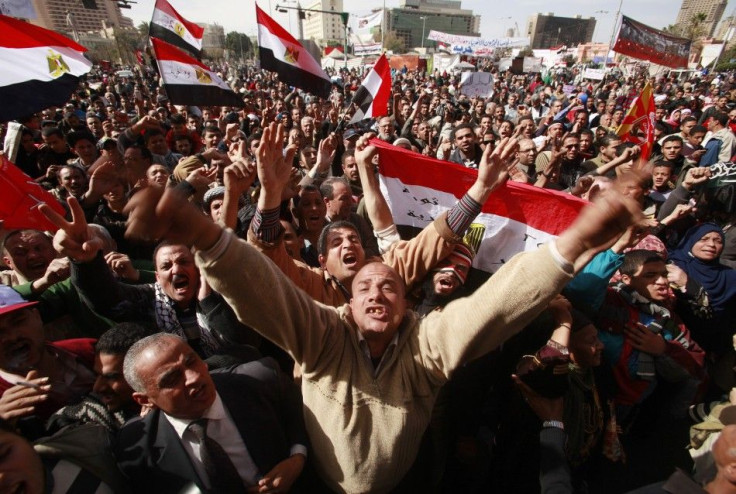Will Egypt Secure $3.2 Billion IMF Loan?

An IMF team arrived in Cairo Monday for talks on a $3.2 billion loan facility for Egypt. This is a crucial meeting especially as collapse in investor confidence since last year’s revolution has left Egypt on the brink of a balance of payments crisis, according to Capital Economics.
Around $12.5 billion of capital has flowed out of the country over the past 12 months, forcing the central bank (CBE) to sell FX reserves to prevent a collapse of currency, says the Capital economics report. Egypt’s FX reserves are now perilously low and the current pace of intervention can be maintained for not more than two or three months.
Capital Economics estimates that Egypt has $11 billion in external financing needs this year. The IMF has made its support conditional on Egypt securing financing from other sources too. If the programme is successful in luring back private investors, Egypt might just about meet its external financing needs.
Neil Shearing, Chief Emerging Markets Economist of Capital Economics, said that it is clearly in Egypt’s interest to strike a deal. The international community has an obvious stake in averting a financial crisis in Egypt.
However, Capital Economics reports about the potential stumbling blocks on agreeing on a deal with the IMF. Most of the obstacles stem from the conditionality attached to an IMF program and whether this can be agreed upon by the Egyptian authorities, who remain highly fragmented. Most of the reforms would be aimed at reining in a budget deficit that is on the course to top 10 percent of GDP this year. Likely measures include hikes in VAT and cuts in government subsidies, especially for fuel. The civilian government (backed by the military) has already put forward a proposed plan to the IMF, the details of which are not public.
Capital Economics adds that an IMF deal would give a boost to Egyptian markets. Not only would concerns about external financing ease, but an IMF programme would also act as an anchor for reform.
© Copyright IBTimes 2025. All rights reserved.





















